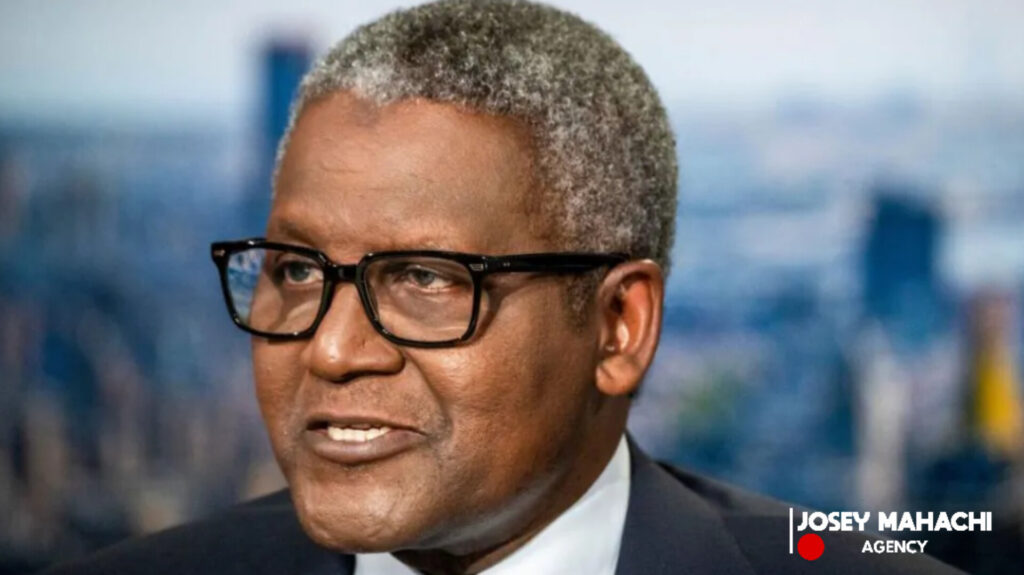By : Lloyd Mahachi
Nigerian business tycoon Aliko Dangote’s $20 billion state-of-the-art oil refinery is set to revolutionize the country’s oil industry. However, many Nigerians are skeptical about its success, questioning whether it will bring cheaper petrol and end the notorious fuel queues. Dangote’s refinery, with a capacity of 650,000 barrels of crude per day, is expected to disrupt the existing oil cartel, which has benefited from shady deals and corruption.
For decades, Nigeria’s oil industry has been plagued by inefficiency, corruption, and a lack of transparency. The state-owned Nigerian National Petroleum Company (NNPC) has been accused of failing to account for billions of dollars in oil revenues. The country’s four existing refineries, built in the 1960s, 70s, and 80s, have fallen into disrepair, forcing Nigeria to export crude oil and import refined products.
Dangote’s refinery is seen as a game-changer, offering a competitive downstream sector with multiple players. The refinery will buy crude and sell refined fuels in Nigeria’s local currency, reducing the demand for foreign currency and easing pressure on the naira. However, the price of fuel is unlikely to decrease significantly, as the refinery will still pay international market prices for crude.
Dangote has faced opposition from the “oil mafia,” a cartel that has benefited from the status quo. He has accused them of trying to disrupt his business, and there have been public disagreements with the regulatory authority. The NNPC has complained about Dangote’s negotiating tactics, accusing him of wanting a “Lamborghini for the price of a Toyota.”
Despite the challenges, experts believe that Dangote’s refinery will bring transparency and competition to the industry. The refinery’s arrival has already led to a debate about the quality of fuel on the market, with hopes that it will provide higher-quality petroleum products.
However, Nigerians are struggling to be optimistic, hit hard by the escalating cost of living and fuel shortages. The government’s decision to remove fuel subsidies and let market forces determine prices has led to protests and criticism. As the refinery begins operations, all eyes are on Dangote and the government to see if they can deliver on their promises.
The feud between Dangote and the regulatory authority has raised concerns about the refinery’s supply and pricing. Local fuel traders have refused to buy from the refinery, alleging that Dangote wants to monopolize the market. The dispute has highlighted the complexities of Nigeria’s oil industry and the challenges of reform.
Experts argue that the drama surrounding Dangote’s refinery is normal, given the structural changes in the economy. They point to historical examples of entrepreneurs facing opposition when disrupting established industries. As Nigeria navigates this critical moment, the outcome of Dangote’s battle with the “oil mafia” will have far-reaching implications for the country’s economy and its people.
Editor : Josephine Mahachi

